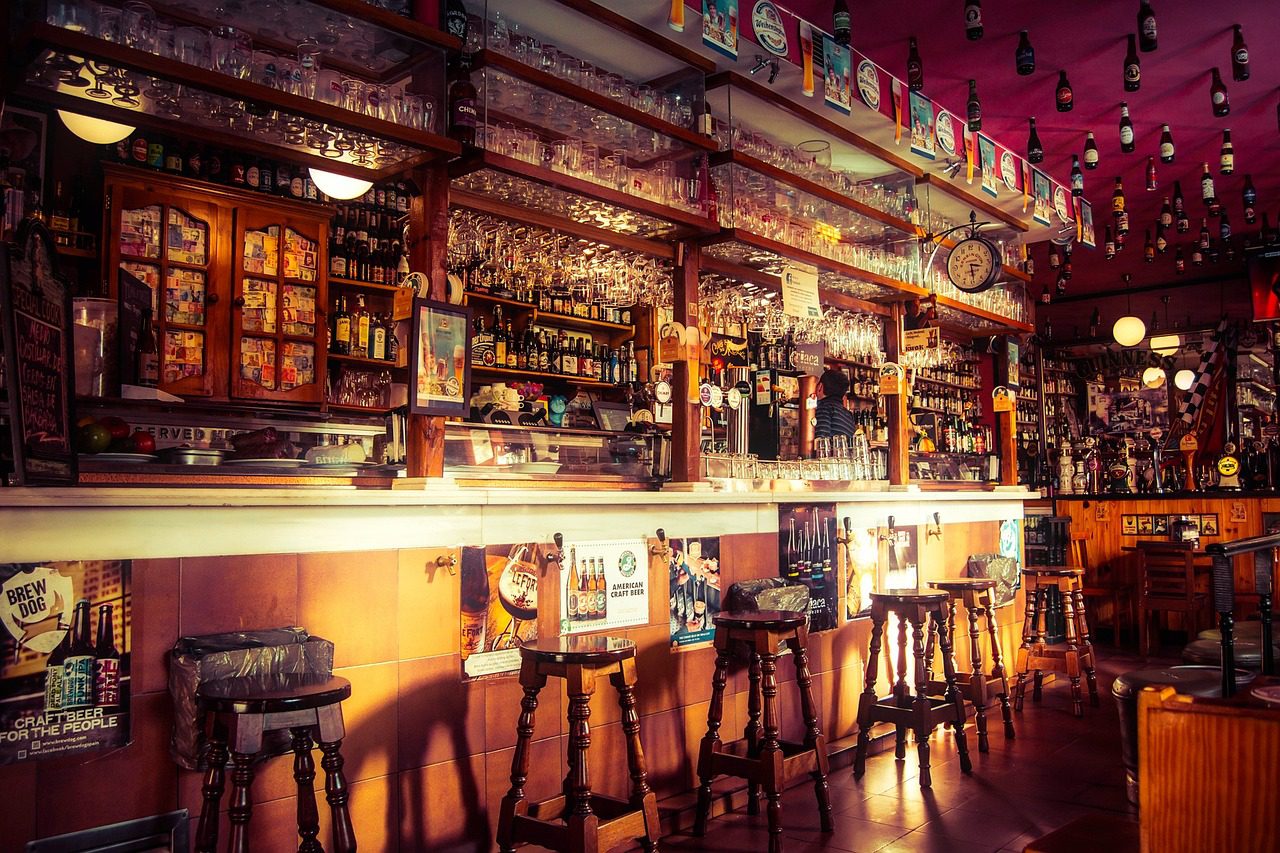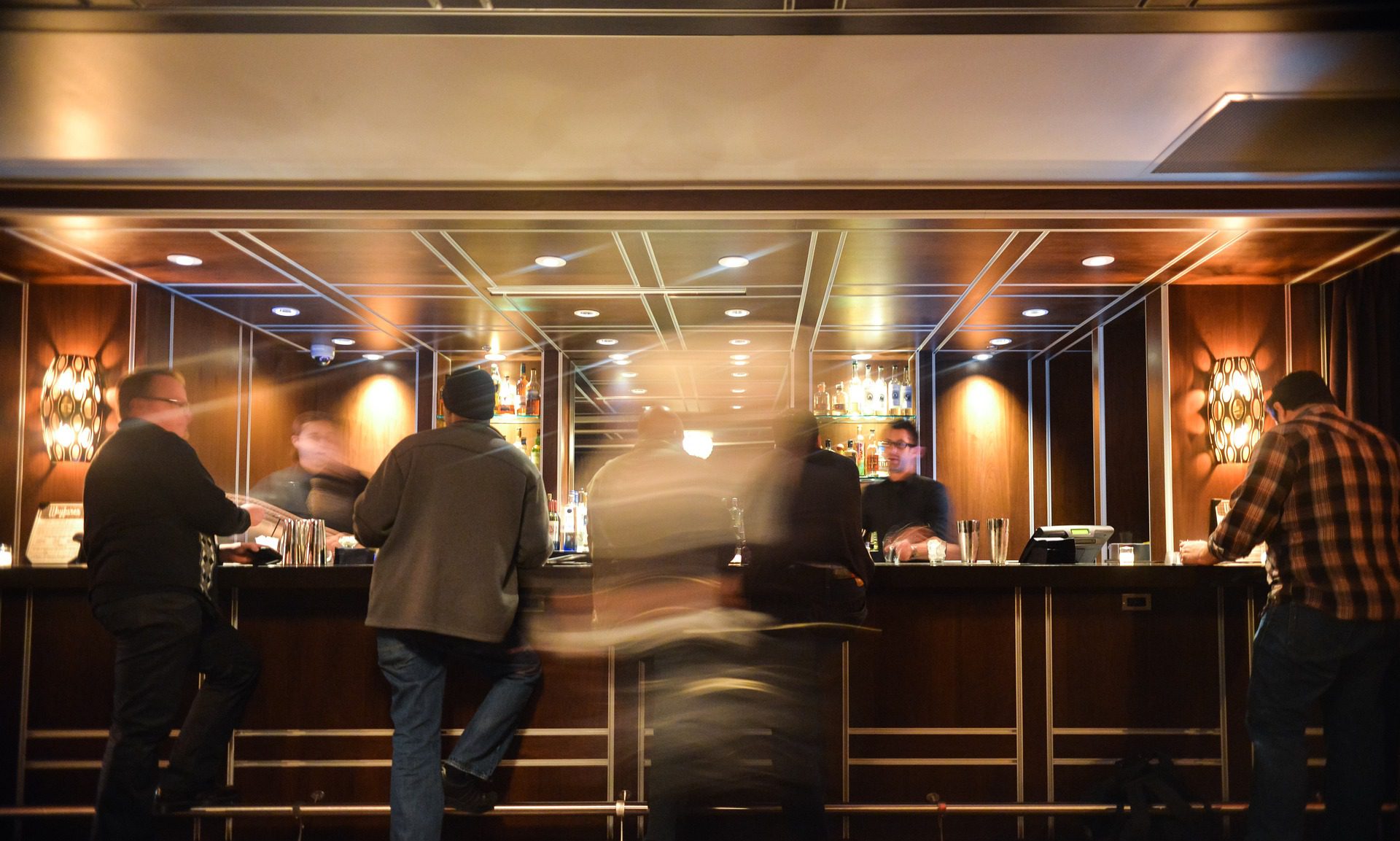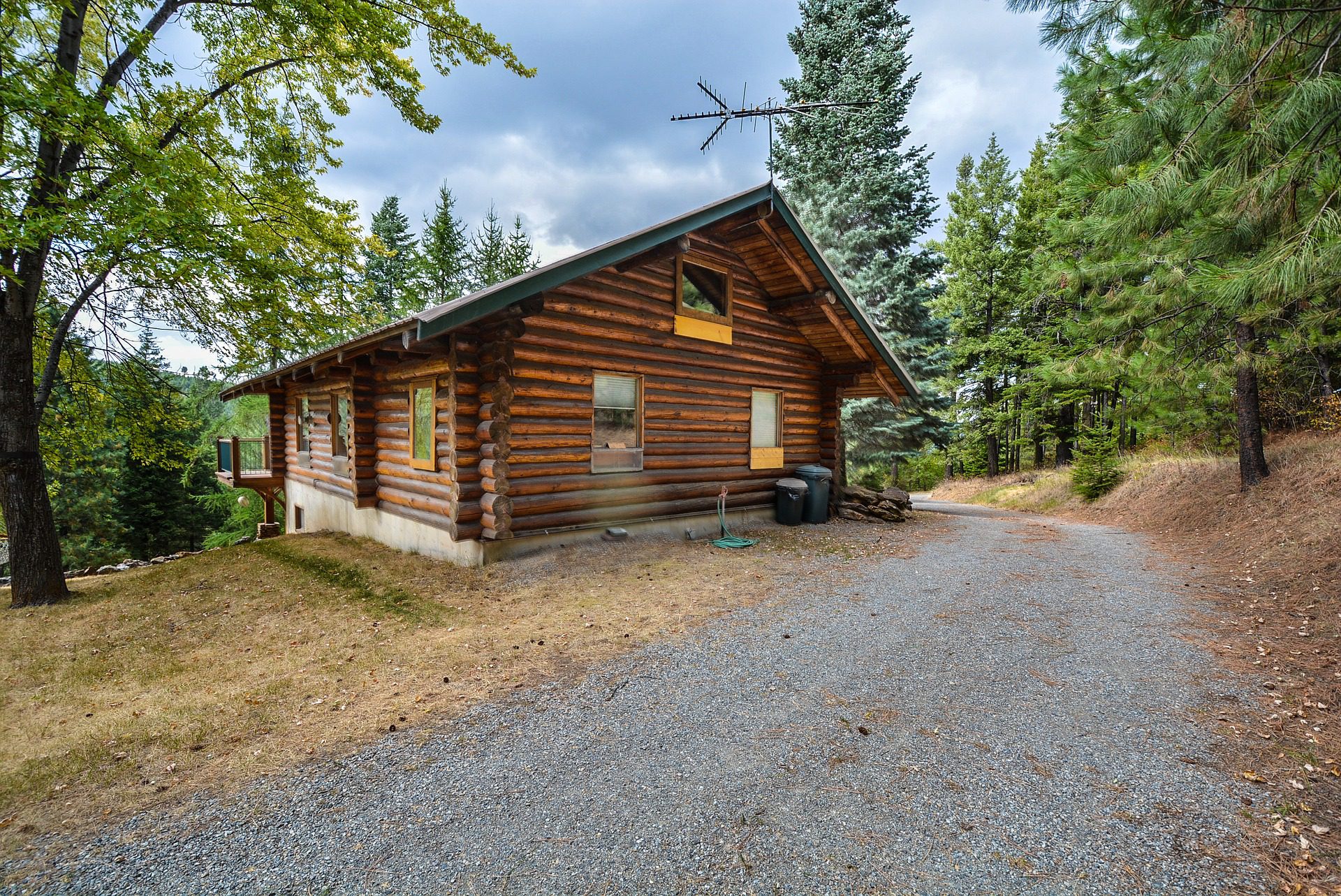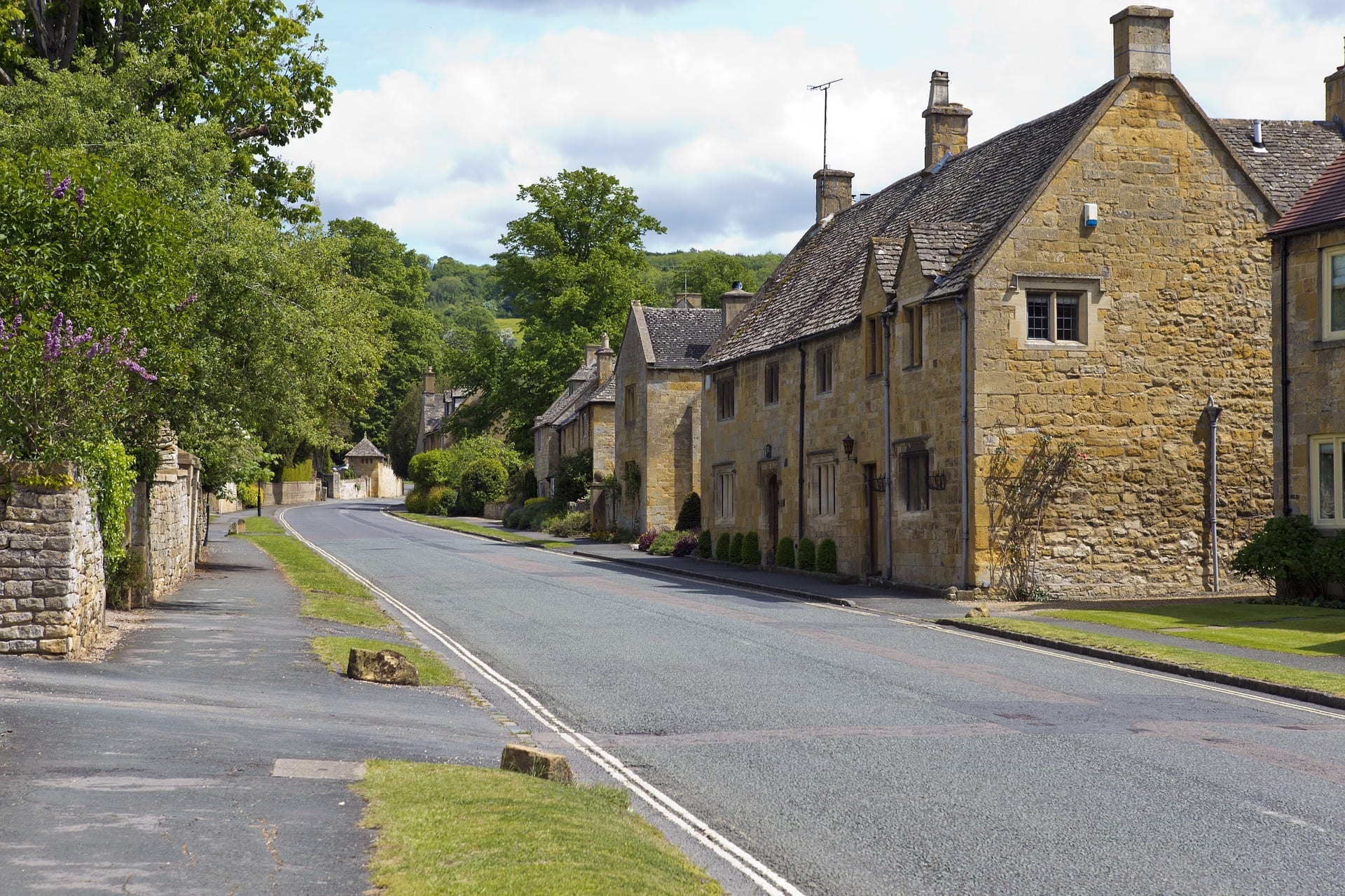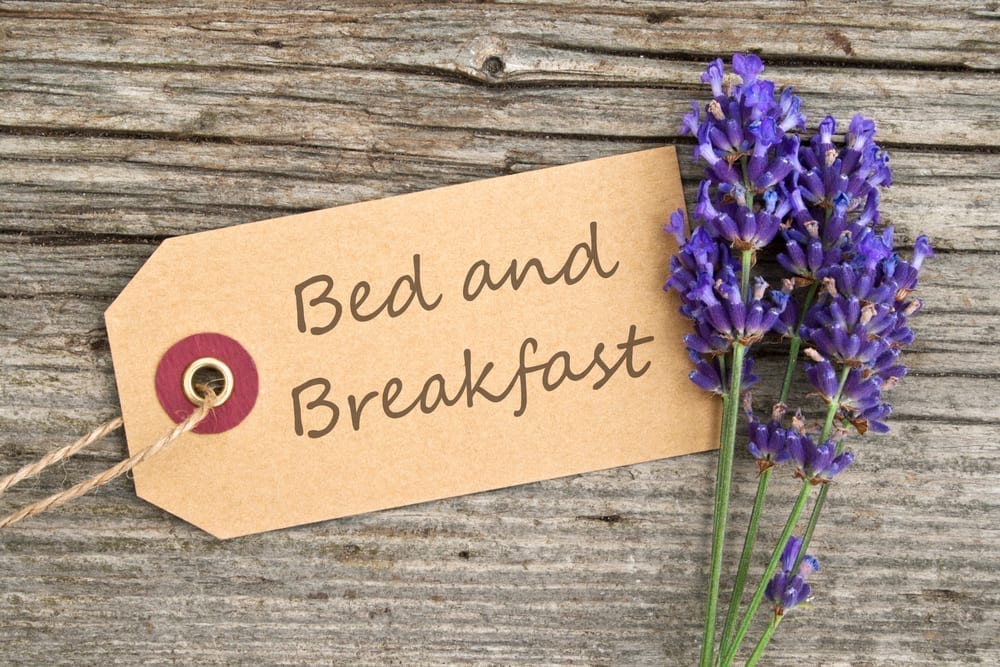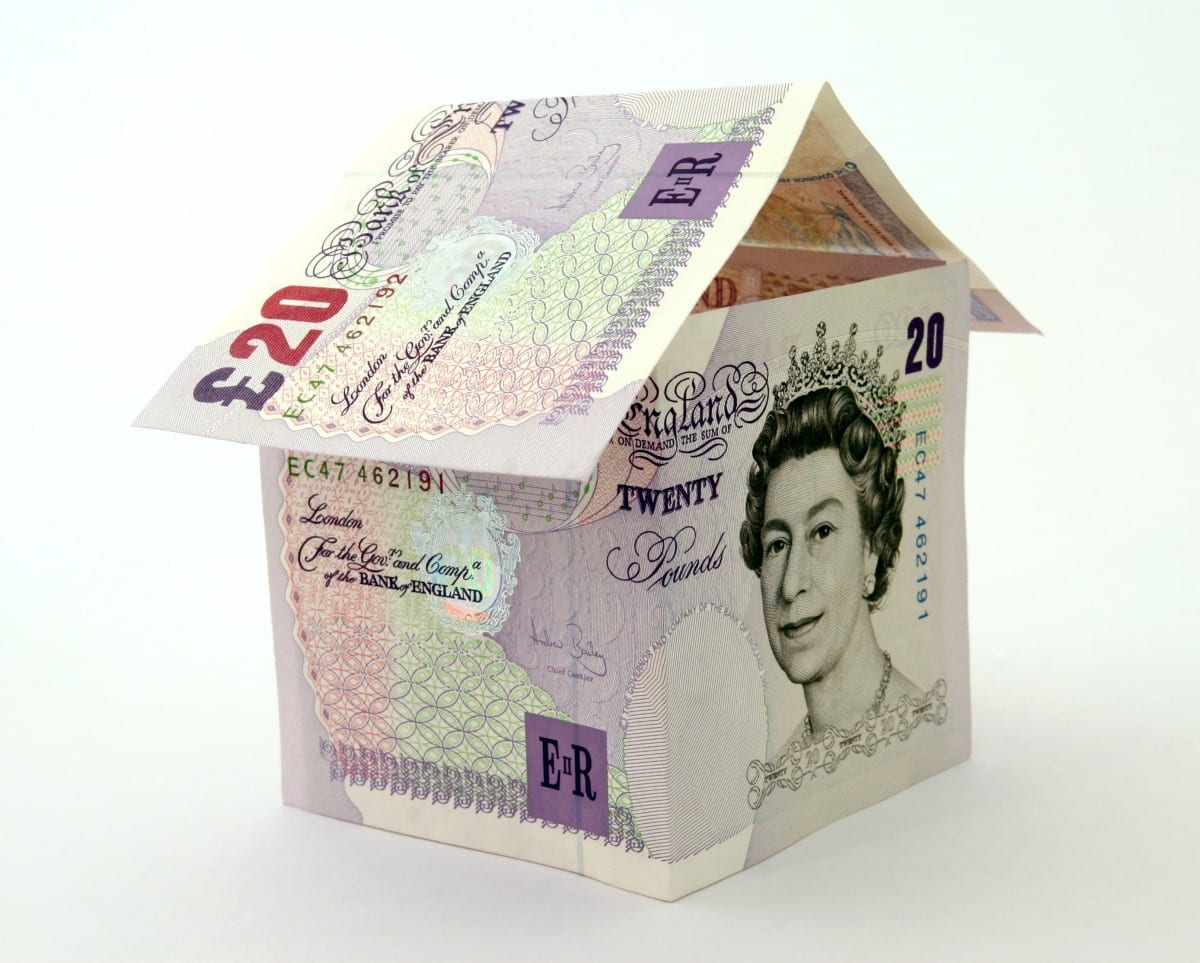Buying a pub can be incredibly exciting, but it also requires careful consideration and thorough research. Whether you’re a seasoned entrepreneur or a first-time buyer, understanding the key factors involved in acquiring a pub is crucial.
Do your research
Understand the industry
Before delving into the specifics of buying a pub, it’s essential to gain a solid understanding of the industry.
Understand the local pub market by studying the competition. Identify the types of pubs in the area, their target markets and their unique selling propositions; assess the demand for pubs in the location, demographic trends, and any potential untapped markets.
You also need to know about the target customer base for the pub. Understand their preferences, demographics and spending patterns. Analyse the existing customer base of the pub you intend to buy and determine if it aligns with your target market.
Check any relevant legal and regulatory requirements for running a pub in your planned area. This includes licensing requirements surrounding alcohol, food, music and other entertainment. Before you make any big decisions, identify any potential restrictions or limitations imposed by local authorities that may impact the pub’s operations.
As well as the above, it’s handy to follow industry publications and join relevant professional associations to understand emerging trends and consumer preferences. This knowledge will help you make strategic decisions.
Assess the pub’s potential
When investigating a pub, you need to look beyond its current state and envision its potential – consider the size, layout and overall condition of the premises. Assess the pub’s existing customer base and any potential for growth or diversification, and look for opportunities to introduce unique offerings, improve efficiency, and enhance the customer experience to maximise the pub’s potential.
You’ll also need to evaluate the location of the pub and its suitability for your target market; assess foot traffic, parking availability, public transport options and any future development plans in the area that may impact the business.
Assess the reputation of the pub within the local community. Look for online reviews, social media presence and customer feedback. Consider engaging in conversations with the current owner, staff or regular patrons to gain insights into the pub’s reputation, strengths and weaknesses.
Financial considerations
Owning a pub can be a profitable venture if managed effectively. However, profitability can vary significantly depending on several factors, including location, target market, competition, operating costs and the quality of offerings.
The financial investment required to buy a pub is often significant; you should explore various funding options, including personal savings, bank loans or partnerships. Prepare a solid business plan that outlines your vision, financial projections and potential return on investment to present to potential lenders or investors.
The financial elements in your business plan should be comprehensive and include the historical financial statements of the pub (if available), evaluate revenue sources (such as food, beverages and events), analyse the cost structure (including rent, utilities, staffing and inventory), and project potential revenues and expenses.
Due diligence and legal matters
Perform thorough due diligence before committing to a pub purchase. Review financial records, licenses, permits, and any outstanding legal issues. Engage a qualified attorney and an accountant specialising in hospitality to ensure compliance with legal and regulatory requirements. Understand the terms of the lease or freehold agreement and evaluate any associated costs or restrictions.
How can Stewart Hindley help?
If you’re thinking about buying a pub, get in touch with a member of our skilled and experienced team who will help you find the ideal pub for you.
